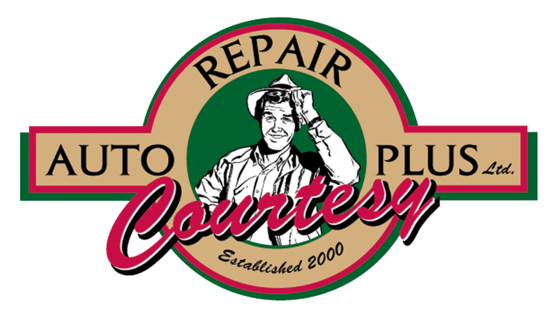Not-So-Common Sense (Sensor Failures)
July 18, 2021
So your vehicle won't start. What's the first thing that comes to mind? Battery dead? Starter motor worn out? Out of gas? Well, those are all reasons that make sense. But your vehicle may be refusing to start because one of its computers is being warned that to do so might damage it. Here's how that works.
You have lots of computers in your vehicle. They need to know the status of things so there are several sensors monitoring various things going on. These sensors send information to the computers that adjust the fuel and air mixture so you don't waste fuel. They know when things aren't quite right and prevent you from starting your engine if that's going to damage it.
Other sensors make sure the coolant is the right temperature, check to see you are not polluting the air and make sure other electronic components are performing their tasks correctly.
Here's an example of a sensor doing its job. Your engine needs oil to lubricate metal components so the friction doesn't damage them. Your engine has an oil pressure sensor that tells a computer called the Electronic Control Unit (ECU) if things are good to go or if there's something wrong, maybe the oil pressure is too low to keep things lubricated. If it is, it gives a signal for the vehicle not to start, protecting the engine.
Of course, the sensors can go bad, too, with some of the same results. And so someone has to figure out if it's the sensor that's failed or if it really has detected a problem. That is the challenge for technicians with specialized equipment to decipher the signs. If a bad sensor is found, it may need to be replaced. Sometimes a thorough cleaning can do the trick. In either case, your service facility can track down the problem and get you back on the road. Makes sense, doesn't it?
Courtesy Auto Repair Plus
967 Bon Air Ave
Tiffin, Ohio 44883
419-443-0797
http://www.courtesyautorepairplus.com
More articles from Courtesy Auto Repair Plus

Lubricate Driveshaft
April 20, 2025
See if any of these are happening to your vehicle. You feel it vibrating excessively underneath when its running, or you hear strange clunking, grating, or grinding sounds coming from beneath. Maybe its hard to turn your vehicle, or you can hear squeaking when youre going slow. Perhaps you fee... More

Change is Good (Oil Change)
April 13, 2025
You've heard that expression, change is good. When it comes to your vehicle's oil, change is not only good, it's vital for the health of the engine. But there's one question that puzzles many drivers: how frequently should my vehicle's oil be changed? There is not one simple answer, but here ar... More

Fuel for Thought
April 6, 2025
If you're like most people and drive a gasoline-powered vehicle, you need to be up to speed on its fuel-related components. They're pretty basic: the fuel, the fuel filter and the fuel pump. The fuel's the easy part. You probably gas up your vehicle yourself and, if you're like most drivers, pr... More







